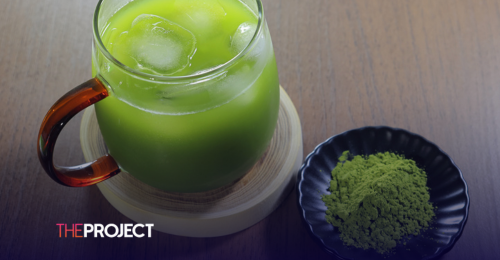Photos circulating on social media show tea shops in Tokyo advertising signs advising customers that many matcha products are out of stock or have purchase limits. When shops do have stock, images show lines of people queuing to get their hands on some.
The green tea is only harvested once a year in Japan, and the shortage has not been caused by a low yield, but rather a booming demand around the world that suppliers can’t keep up with.
Speaking to The Guardian, manager of Sydney tea shop Simply Native Megumi Kanaike believes the “unexpected worldwide boom” in the popularity of matcha has led suppliers to put limits on orders, adding her store has seen an increase of 250 per cent in matcha sales over the past six months.
“The brands that have been impacted most are the ones that people overseas like, the ones that have gone viral on social media,” Kanaike said.
Leading Japanese matcha producers such as Marukyu Koyamaen, Ippodo Tea and Ocha no Kanbayashi have all announced limits on the amount customers can order, with the restrictions expected to last until early 2025.
"Due to a sharp and continued increase in demand on matcha products in the past months, the current demand has already exceeded our production capacity. This results in an extremely low stock of all matcha products at this moment," a statement from Marukyu Koyamaen says.


























